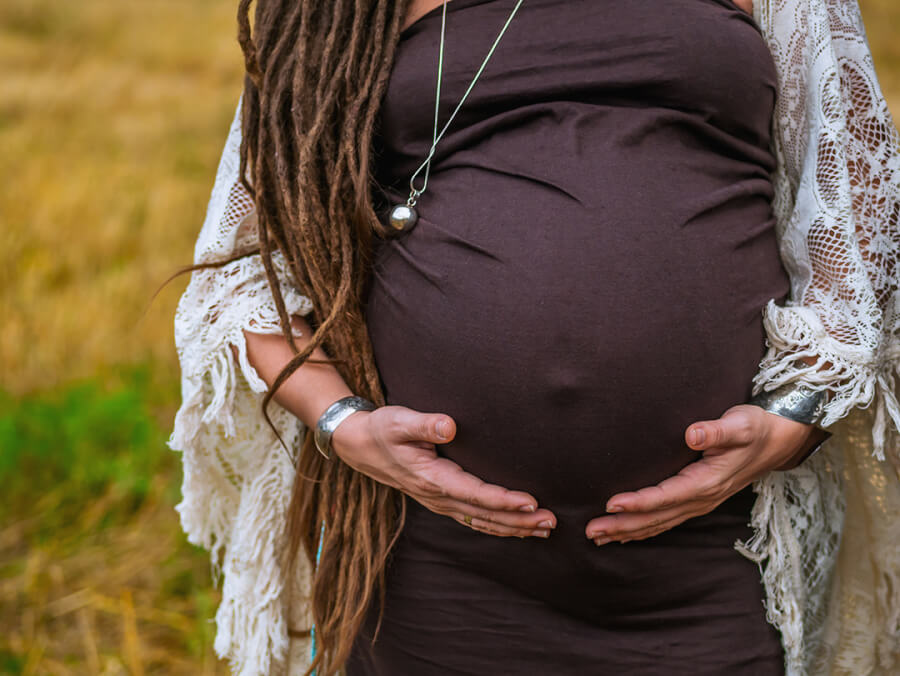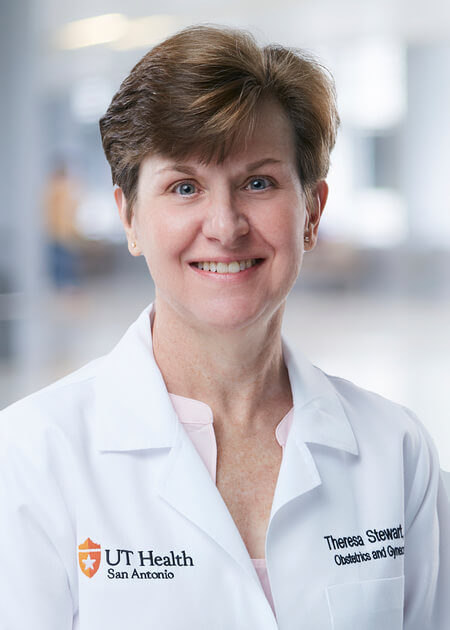
Looking back on her pregnancy with her youngest child, Elaina Sconiers realizes now she should have heeded her doctor’s advice. She was 37, her blood pressure was well under control and she felt good despite being diagnosed with preeclampsia.
“I ended up coming off the medication because my blood pressure would bottom out when I took it,” she said. “The doctors kept telling me that I needed to pay attention because my blood pressure would be OK one day, and then suddenly, it wouldn’t be. I kept ignoring them, and that’s what happened. One day I was OK, and then I wasn’t.”
The pregnancy was not Sconiers’ first rodeo, but the preeclampsia was a first for the mother of five, now six.
Preeclampsia is a condition characterized by, among other things, high blood pressure, swollen hands, feet or face and protein in the urine. The illness typically presents itself after the 20th week of pregnancy and can also occur after giving birth. Age is one of the risk factors for the condition.
Sconiers’ previous pregnancies were relatively uncomplicated. She has an incompetent cervix, weak cervical tissue treated with a cervical cerclage, sutures to close the cervix and removed when birth was imminent. Two of her children were delivered by cesarean section, but the C-sections were not health-related.
However, a year or two before becoming pregnant, she was diagnosed with chronic hypertension but was managing the condition with medication.
“[The diagnosis] threw me off because my blood pressure was perfect,” she said.

Theresa Stewart, MD, Sconiers’ obstetrician at The University of Texas Health Science Center at San Antonio, said pre-existing conditions like high blood pressure, diabetes and obesity can make any pregnancy high risk. However, advanced age, as in the case of Sconiers, who was 38 when she gave birth to her son Elijah last year, can further complicate pregnancies and make getting pregnant more difficult.
“The risk of being infertile goes up the older you are, and as women get older, they are also at increased risk for medical problems such as high blood pressure, diabetes and elevated BMI,” Stewart said.
An advanced maternal age pregnancy, defined as 35 and older, has a slightly higher risk of congenital disabilities and stillbirths. Stewart said advanced-age mothers typically give birth earlier than their due date, as recommended by the American College of Obstetricians and Gynecologists. She said screening and appropriate treatment of underlying medical problems prior to pregnancy can be the key to prevention of pregnancy complications, especially those at an advanced age.
“It’s important to make a plan before getting pregnant to evaluate underlying medical problems and address whatever we can before pregnancy,” Stewart said. “We can address everything ahead of time so that women can make educated decisions as to their risks with the pregnancy.”
According to a National Vital Statistics System report, the 2021 birth rate of women aged 30–34 was higher than that for women aged 25–26 for the sixth consecutive year. NVSS is part of the Centers for Disease Control and Prevention. The number of births for women 30–34 years of age rose 4% from 2020 to 2021, and rates for those 35–39 rose 5%, the report said.
Stewart said there are several contributing factors to the rise in advanced-age pregnancies.

“We’ve noticed an increase since the 1970s in the United States. I think it’s because of the expanding role of women in society and the delay in finding a partner,” she said.
Stewart said the decreased costs and greater availability of in vitro fertilization procedures also allow more women to become pregnant.
“I think seeing examples of older women having children and having good outcomes has set the trend that it’s OK and well accepted in our community,” she said.
Stewart said older moms could be more established in their chosen careers and financially secure with support systems. Sconiers said being an older mom to a newborn has its advantages. She said she had learned new ways to understand her children and be a better parent at each stage of her life.
“I can nurture more effectively. You’ve had a chance to mature so you can nurture your young children when you have a little bit of age behind you. I enjoy being an older mom.”

